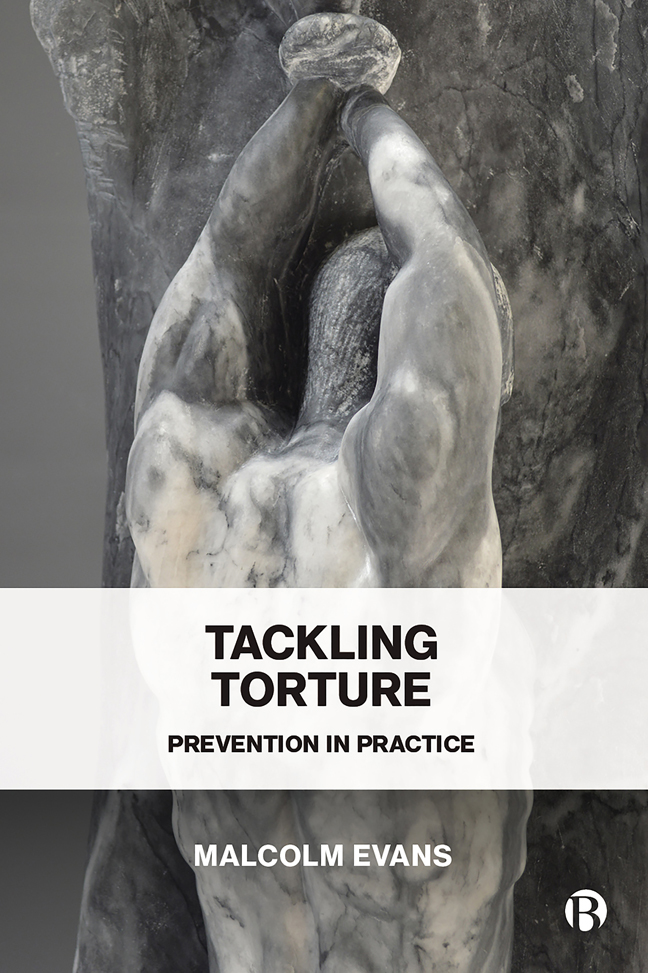6 - The UN Subcommittee on Prevention of Torture and National Preventive Mechanisms
Published online by Cambridge University Press: 24 January 2024
Summary
Introduction
This chapter introduces the work of the National Preventive Mechanisms (NPMs), which is set out in Part IV of the Optional Protocol to the United Nations Convention against Torture (OPCAT). Article 19 sets out their three key roles:
(a) To regularly examine the treatment of the persons deprived of their liberty in places of detention as defined in article 4, with a view to strengthening, if necessary, their protection against torture and other cruel, inhuman or degrading treatment or punishment;
(b) To make recommendations to the relevant authorities with the aim of improving the treatment and the conditions of the persons deprived of their liberty and to prevent torture and other cruel, inhuman or degrading treatment or punishment, taking into consideration the relevant norms of the United Nations;
(c) To submit proposals and observations concerning existing or draft legislation.
In order to fulfil these roles, NPMs are to have essentially the same powers as the UN Subcommittee on Prevention of Torture (SPT): to be able to undertake visits to places where persons are deprived of their liberty at a time of their choosing and to have unfettered access to all detainees and to all relevant materials, to be able to interview in private and confidentially and to make recommendations to those in authority concerning both the places visited and concerning matters relating to detention and preventive safeguards more generally. This requires the NPMs to have appropriate expertise at their disposal, as well as sufficient funding and operational autonomy. Above all else, it requires that they are independent – something which in practice has turned out to be a far more complicated idea than I think was ever imagined.
I have already stressed the importance of NPMs, which form a central part of the OPCAT. Indeed, it is the ‘twin pillar’ approach, based on the interplay between the international and national mechanisms, which makes the OPCAT so unique. This chapter looks at NPMs through the ‘lens’ of the SPT, since that is the ‘lens’ through which I have seen them. Unlike some of my former SPT colleagues, I have not been a member of, or directly worked for, an NPM, so I cannot say what that is like.
- Type
- Chapter
- Information
- Tackling TorturePrevention in Practice, pp. 102 - 120Publisher: Bristol University PressPrint publication year: 2023



